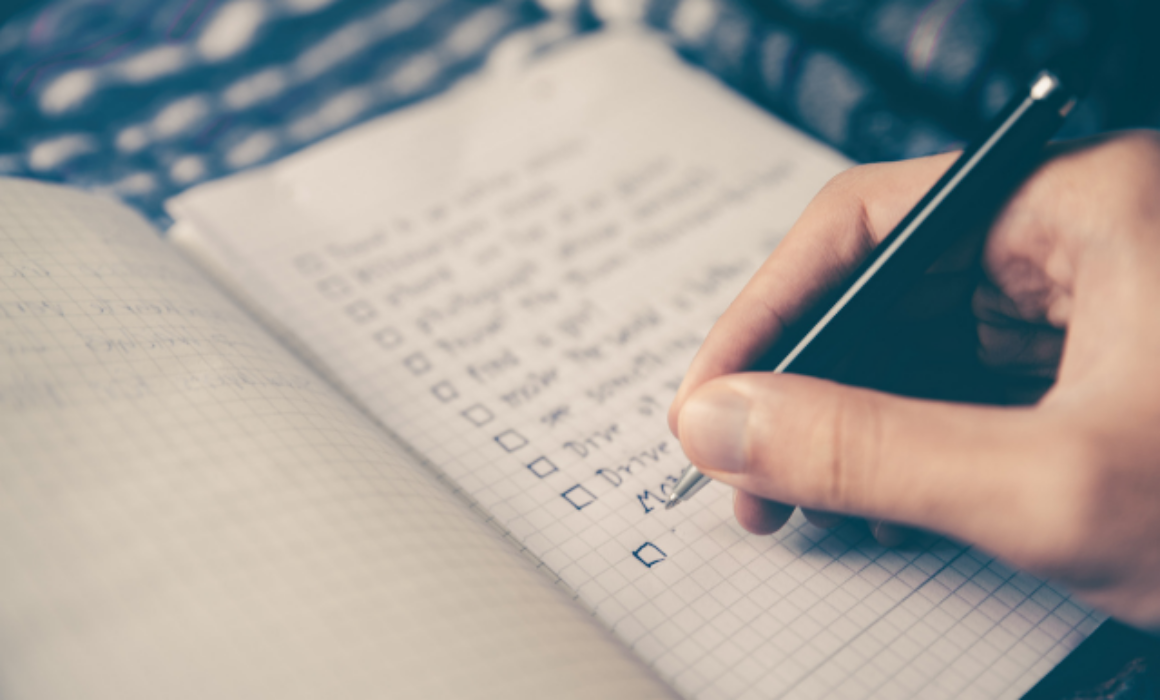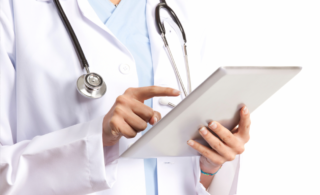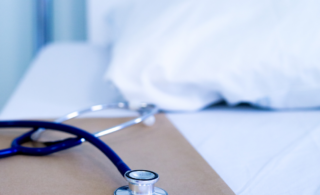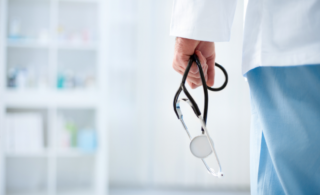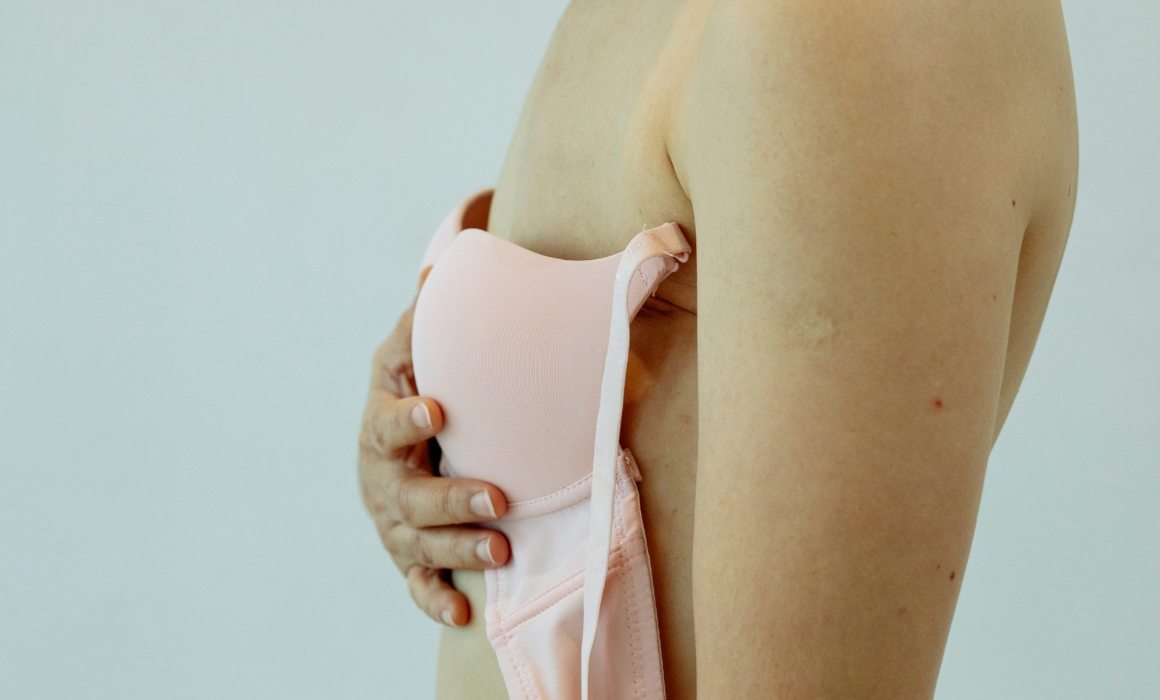
We’ve put together a suggested list of ways in which you can prepare for surgery, from our perspective as patients. Your medical team will also have some tips and advice for you.
1. Organise a checklist
Whatever type of breast cancer surgery you are due to have (lumpectomy, mastectomy, reconstruction or auxilliary node clearance) here are some suggested items to get prepared:
- Stock up on toiletries and medication Make sure you have sufficient toiletries, medication and prescription medications for during your hospital stay and the recovery period at home. You could also organise your ongoing medication to be delivered by your local chemist. Toiletries that are useful during your hospital stay are: toothpaste, regular facial toiletries or face wipes, soap, dry shampoo, wet wipes, throat lozenges, lip balm, hand cream and arnica cream for the bruising (but check with your surgeon whether you can use arnica cream).
- Go shopping for the items for your hospital bag. This includes things like an eye mask, ear plugs, tissues, hand sanitiser, a small travel fan, hair bands, a magazine/book and extra long phone charger. Take a look at the hospital bag list below for a full list of what we recommend you take to hospital.
- Drain bags For node clearance and a mastectomy you’ll need one or two drain bags depending on whether you are having surgery on one or two sides. You may have something at home – such as a lightweight tote bag – which will do the job just as well as a special drain bag.
- A mastectomy pillow These pillows are used after breast surgery to help support and protect the tender chest area. They help by fitting under the arm when doing everyday tasks such as sitting, sleeping, watching TV and when in the car.
- Small, soft, squidgy cushion or pillow You’ll need something that you can put under your arm after node clearance surgery.
- Extra pillows to help night time sleeping Plan how you will sleep at night when you get home from hospital. You may find that a “cheese wedge” pillow or a body shaped pillow might help support you at night.
- Stock up on straws When your movement is limited, it’s a lot easier to drink from a cup with a straw than reach for the cup and hold it up to your mouth. You’ll need to take these to hospital and have them at home afterwards.
- Flannels or sponges These can help with body washes when you can’t have a shower or bath after surgery. Wet wipes are also really handy.
- Comfy clothes for recovering at home You’ll need soft, comfy clothing that can accommodate the tubes and drains coming out of your armpit/chest and clothes that you can put on without having to move your arm(s) much. Front fastening tops and loose pull on trousers work well.
- Post-surgery compression socks Ask your hospital if they will be providing you with compression socks for once you are out of surgery. If not, then it is worth getting a pair to wear for a couple of weeks after surgery whilst you are recovering. Having two pairs is helpful.
- Invest in a good thermometer This will be invaluable if you’re feeling unwell post-surgery (and you’ll need it if you’re also having chemotherapy).
- A little picker One of those things to pick up something from the floor without having to bed down. These are invaluable if you have small children.
- Contact numbers Make sure you record the number for who you need to call about any questions to do with the recovery and drain. Also have the emergency hospital number in your phone.
- Prepare the house You’ll be out of action for a while after surgery so clean the house, change the bedsheets and wash the towels in advance of surgery day.
- Prepare meals in advance Make sure you do a grocery shop just before the surgery so you don’t need to go food shopping for a while afterwards and make/freeze some meals that you can heat up. Soups and plain easy meals work well.
- Plan childcare Is there someone who can help you with childcare while you’re recovering from surgery? Is there someone who can take the children to and from school?
- Prepare your kitchen Put key things in easy to reach, easily accessible places. For example, put things on the counter that are usually kept on high shelves and cupboards such as mugs, glasses, plates and lightweight pans.
- Prepare a recovery basket for home Have a basket of useful items such as tissues, glasses, phone charger, pain killers, water bottle and so on. You can have a recovery basket beside your bed and another in your lounge.
- Plan how to keep a record of your medication You’ll be given pain medication so you’ll need to keep a record of when you need to take it and then make a note of when you take it. There are phone apps or use the notes on your phone or a notebook and pen.
- Door sign When you’re home from surgery it can help to have a sign on your front door explaining that you can’t answer the door and ask them to call your mobile.
- Recovery exercises You will be given exercises to do a few times every day to help improve your arm mobility. Make sure you know what you’re doing and set a reminder to do them daily.
- Help getting to and from hospital Can you ask someone to take you and bring you home from hospital as you will be unable to drive (remember to ask your breast consultant when you are likely to be driving again).
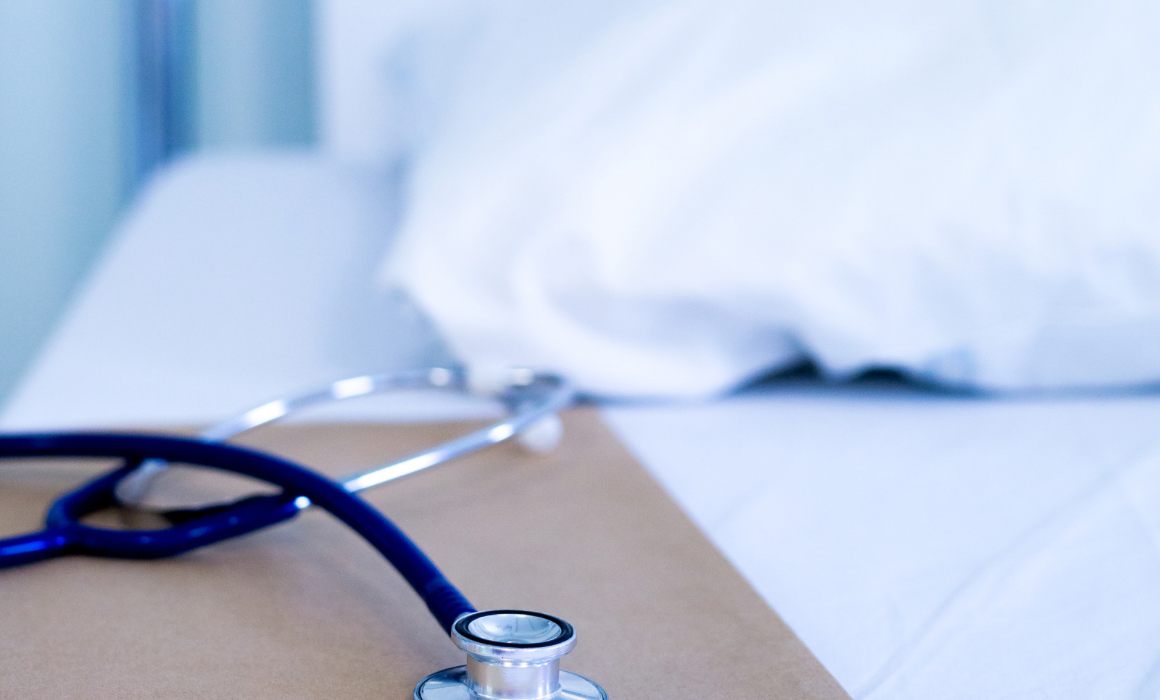
2. Packing your hospital bag
When packing your bag for the hospital stay to feel as prepared as possible, you may wish to include items such as:
- Wash bag of toiletries such as toothbrush, toothpaste, regular facial toiletries or face wipes, soap, dry shampoo. An electric toothbrush requires less movement so might be worth using.
- Nightwear – you’ll be wearing a hospital gown for most of your stay but if you prefer to have your own nightwear for a longer stay then ideally take pyjamas with a top which is easy to open from the front. Short sleeves are best as these are easiest for the nurses to take blood pressure in the night.
- Dressing gown and slippers because you will probably have to walk to the operating theatre. Make sure your slippers don’t have slippery soles and avoid taking flip flops because you’ll be wearing surgical stockings. And slip-on slippers are best because you may struggle to bend down after surgery.
- Something to do like a book, magazine, downloaded film on an iPad/phone and headphones. If you have noise cancelling headphones take them. Hospitals are noisy all the time.
- Phone and charger – either a plug in one (with an extra long cable to reach from plug point to your bed) or a pre-charged battery pack.
- Snacks – think about how long you are going to be in hospital and how much you will need to bring. Consider things like crackers, cereal bars and biscuits.
- Drinks – you’ll usually be given water and tea or coffee but you might like to take squash to add to the water plus any drinks you prefer such as juice boxes, bottles of water and herbal tea bags.
- Water bottle with non-drip spout or straws – these will help you drink more easily without having to sit up to sip.
- Note pad and pen for jotting down instructions and information from the nurses/surgeon.
- Towel – for when you are able to wash.
- Post mastectomy bra – some hospitals provide these free of charge but you can shop around for something soft, comfortable and front fastening, or you can ask your surgeon for a recommendation. Future Dreams can give advice.
- A small cushion that you can wear in the car on the way home between the seatbelt and your chest.
- Clothes – you’ll want to have something easy to wear when you leave hospital – ideally comfortable, loose fitting clothes that button up or zips up at the front, plus flat, easy to slip on shoes or boots. A long slouchy cardigan can help conceal the drain bags.
- Small pillows for under your arms (for example, the Jen’s Friends cushions).
- Bags for the drains such as a couple of lightweight tote bags.
- Details of your prescription medication to give to the nurses.
- A little bag to hang off the bed – so you can keep things close to you within reach like your phone, tissues, snacks and so on.
- Eye mask, ear plugs, hand cream, tissues, hand sanitiser, throat lozenges, small travel fan, lip balm, hair bands and wet wipes – these will all help to make your stay in hospital more comfortable.
- You might want to consider packing various items in different coloured bags so that when you are in bed, you can ask the nurse/visitor to pass you the “red bag” rather than ask them to rummage around in your bag for whatever it is you want.

Further information
For downloadable and printable checklists to help you prepare for surgery, see:
Preparing for recovery after surgery
What to ask your surgeon before surgery
Future Dreams hold a range of support groups, classes, workshops and events to help you and your carers during your breast cancer diagnosis. These are held both online and in person at the London-based Future Dreams House. To see what’s on offer and to book your place, see here.
To return to the homepage of our Information Hub, click here where you can access more helpful information, practical advice, personal stories and more.
Reviewed February 2023
The information and content provided on this page has been written from a patient’s perspective then reviewed by a breast care nurse and it is intended for information and educational purposes only. It is not intended to substitute for professional medical advice. Please contact your medical team for advice on anything covered in this article and/or in relation to your personal situation. The links and/or recommendations in this article to third-party resources are for your information and we take no responsibility for the content contained in those third-party resources. Any product recommendations made in this article are not product endorsements and unless otherwise stated, they are made without any affiliation to the brand of that product. We ask you to note that there may be other similar products available.
Share

Support awareness research
Donate to those touched by BREAST cancer
Sylvie and Danielle began Future Dreams with just £100 in 2008. They believed nobody should face breast cancer alone. Their legacy lives on in Future Dreams House. We couldn’t continue to fund support services for those touched by breast cancer, raise awareness of breast cancer and promote early diagnosis and advance research into secondary breast cancer without your help. Please consider partnering with us or making a donation.
